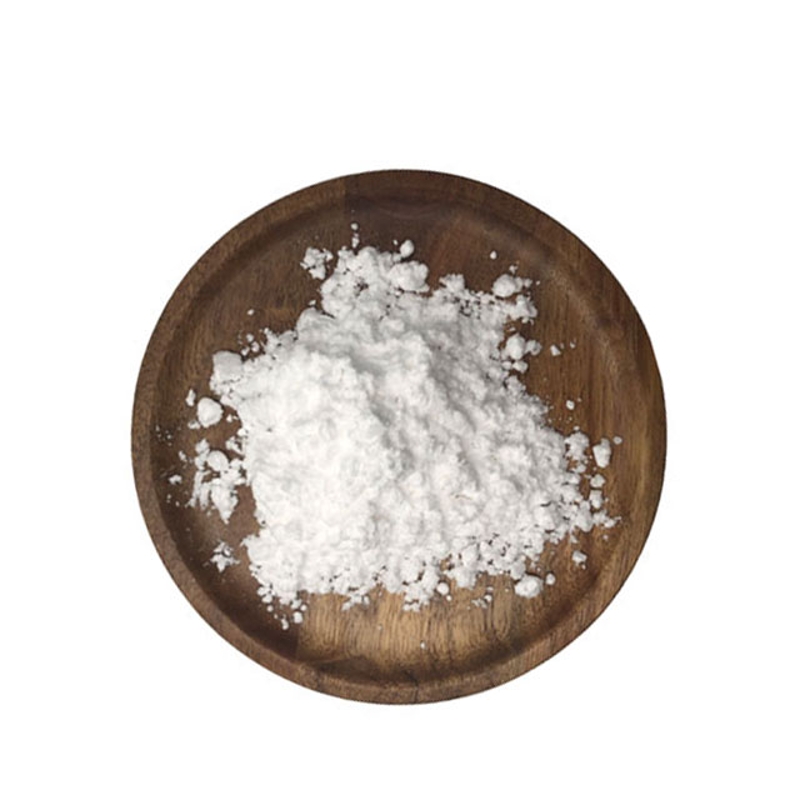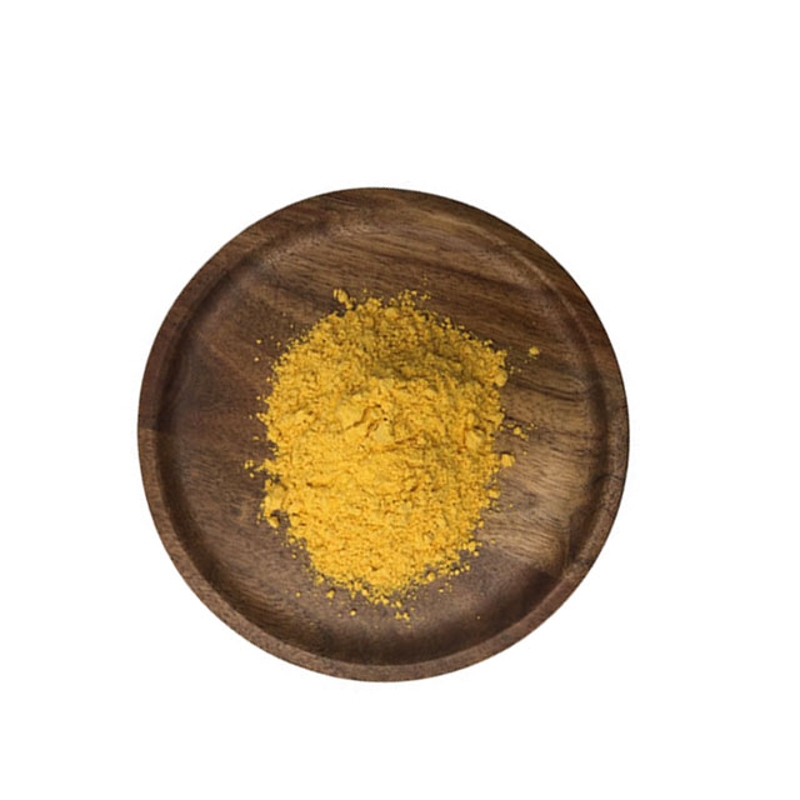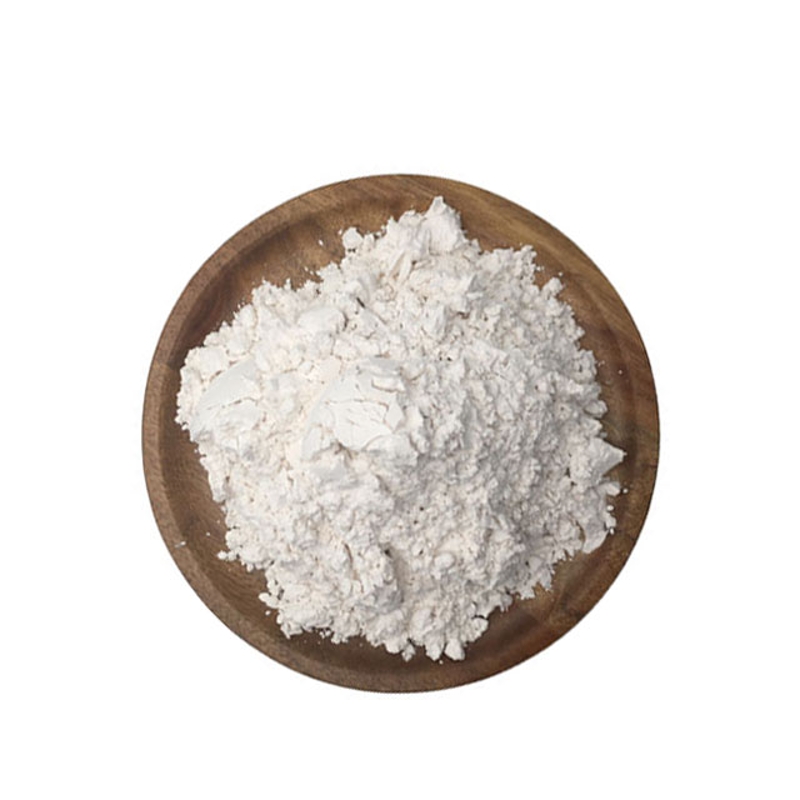-
Categories
-
Pharmaceutical Intermediates
-
Active Pharmaceutical Ingredients
-
Food Additives
- Industrial Coatings
- Agrochemicals
- Dyes and Pigments
- Surfactant
- Flavors and Fragrances
- Chemical Reagents
- Catalyst and Auxiliary
- Natural Products
- Inorganic Chemistry
-
Organic Chemistry
-
Biochemical Engineering
- Analytical Chemistry
- Cosmetic Ingredient
-
Pharmaceutical Intermediates
Promotion
ECHEMI Mall
Wholesale
Weekly Price
Exhibition
News
-
Trade Service
Hepatocellular carcinoma (HCC), as a primary liver cancer with a high mortality rate, ranks among the top three cancer mortality rates for many years
.
In reality, many celebrities who died of liver cancer are living examples
.
Just last year, a news about the recovery of liver cancer patients after CAR-T treatment attracted people's attention.
As a potential player in the field of cell gene therapy, CAR-T has proved its effectiveness in liquid tumors, but The progress in solid tumors remains to be seen.
Considering other forms similar to CAR-T, such as CAR-NK, TCR-T, this article will review the targets of adoptive cell therapy for the treatment of liver cancer in two parts
.
Figure: CAR-T and TCR-T in the treatment of hepatocellular carcinoma Source: doi:10.
3390/cancers13020271GPC3 Previously, China Daily published a CAR-TI phase clinical study of liver cancer completed by the team of Prof.
Zhai Bo from Renji Hospital affiliated to Jiaotong University , in which the target of CAR-T is to select GPC3
.
GPC3 is a membrane-associated proteoglycan, which is associated with Wnt signaling pathway, Hedgehog signaling pathway, FGF2 signaling pathway and other pathways that play a role in HCC pathology
.
Figure: GPC3-related signaling pathway.
Since GPC3 is specifically up-regulated in hepatocellular carcinoma, and is rarely or not expressed in normal liver tissue, it is an ideal diagnostic and therapeutic target for HCC.
Currently, whether it is small molecule drugs, antibody drugs , DNA vaccines, CAR-T/NK, and even gene therapy are all in clinical progress on this target
.
From the perspective of CAR-T, the current CAR-T clinical pipelines related to GPC3 targets are mainly concentrated in China, and most of them are in phase I clinical trials.
, Yuanqi Bio, and Shanghai Pharmaceutical Group have chosen different technical route iterations or clinical ideas.
For example, Keji Bio has not only 2-generation CAR-T, but also a third-generation/four-generation CAR based on the second-generation CAR-T.
-T, another example, Huaxia Yingtai adopts natural and safe proprietary technology STAR-T to reduce cytokine release syndrome (CRS)
.
WuXi Ju Nuo has adopted the collaborative development method of the three companies, integrating Lyell's T cell anti-exhaustion technology and Urico's ARTEMISTM T platform technology that can reduce CRS.
From the information that has been disclosed, JWATM214 is obviously the basis of JWATM204 Further technical iterations are carried out
.
Yimiao Shenzhou's IM83 chose to use the combination drug with Yuheng Bio's PD-1 monoclonal antibody for clinical trials
.
In addition, Jikai Gene has also conducted several clinical trials on GPC3-targeted CAR-T, but no follow-up has been seen, and no follow-up information has been disclosed on the official website
.
It is worth mentioning that although C-CAR031 is signed by Zhejiang University, judging from the similar R&D code, it is guessed that it may be the GPC3 CAR-T that has not yet been disclosed by Sibman Bio
.
Figure: GPC3 target-related cell therapy pipeline Clinical Note: Due to possible cooperation between institutions and companies, there may be duplications in this list.
If there is any error, please point out the most common 3 currently in GPC3 CAR-T therapy.
/Grade 4 adverse events were hematological toxicity, mainly due to a transient decrease in lymphocyte count due to lymphatic depletion, while neurotoxicity and cytokine release syndrome (CRS) were also of concern
.
In addition, since GPC3 is expressed in normal renal tubules, male testicular germ cells, and female placenta and endometrium, off-target effects on renal function and male and female reproductive function should also be concerned
.
This also suggests that it can be circumvented through technological iterations such as bispecific CAR-T, suicide genes, synthetic notch receptors, on-switch CAR (switch) and other methods
.
However, from the current research and development situation, it can be seen that several current GPC3 CAR-T pipelines exist in the form of technical iterations
.
AFP Alpha-fetoprotein (AFP), a 70-KDa glycoprotein found in the serum of early mammalian embryos, is synthesized in the yolk sac at the site of embryonic hematopoiesis
.
After birth, the expression levels of this protein declined rapidly, and by the second year, only trace amounts were detectable in serum
.
Normal adult levels are usually between 1 and 40 ng/mL
.
However, recurring or high serum levels have been observed in several settings: pregnancy, liver disease and malignancies such as hepatocellular carcinoma, germ cell tumors (especially yolk sac tumor components), breast cancer, esophageal cancer, cervical cancer , pancreatic cancer, endometrial cancer, gastric cancer, lung cancer and rectal cancer, etc.
, have been used as one of the diagnostic methods to check HCC
.
At present, preclinical research has proved the potential of AFP for cellular immunotherapy, and many excellent Chinese companies such as WuXi Junuo, Uricco Bio, and Sibiman Bio have also participated in it
.
Figure: AFP-related cell therapy pipeline The clinical editor summarizes the rapid development of adoptive cell therapy targets in hepatocellular carcinoma.
At the same time, this is also a touchstone for the iteration of CAR-T and other technologies.
For the field of solid tumors, safety and effectiveness still need to be proven
.
It can be seen that most companies and institutions in this field have taken the form of technical iterations for multiple preparations at these targets
.
Reference source: Zheng X, Liu X, Lei Y, Wang G, Liu M.
Glypican-3: A Novel and Promising Target for the Treatment of Hepatocellular Carcinoma.
Front Oncol.
2022;12:824208.
Published 2022 Feb 16.
doi: 10.
3389/fonc.
2022.
824208Zwirner NW, Fuertes MB, Girart MV, Domaica CI, Rossi LE.
Cytokine-driven regulation of NK cell functions in tumor immunity: role of the MICA-NKG2D system.
Cytokine Growth Factor Rev.
2007 Feb-Apr; 18(1-2):159-70.
doi: 10.
1016/j.
cytogfr.
2007.
01.
013.
Epub 2007 Feb 26.
PMID: 17324607.
Zhu W, Peng Y, Wang L, et al.
Identification of α-fetoprotein- specific T-cell receptors for hepatocellular carcinoma immunotherapy.
Hepatology.
2018;68(2):574-589.
doi:10.
1002/hep.
29844Rochigneux P, Chanez B, De Rauglaudre B, Mitry E, Chabannon C, Gilabert M.
Adoptive Cell Therapy in Hepatocellular Carcinoma:Biological Rationale and First Results in Early Phase Clinical Trials.
Cancers (Basel).
2021;13(2):271.
Published 2021 Jan 13.
doi:10.
3390/cancers13020271
.
In reality, many celebrities who died of liver cancer are living examples
.
Just last year, a news about the recovery of liver cancer patients after CAR-T treatment attracted people's attention.
As a potential player in the field of cell gene therapy, CAR-T has proved its effectiveness in liquid tumors, but The progress in solid tumors remains to be seen.
Considering other forms similar to CAR-T, such as CAR-NK, TCR-T, this article will review the targets of adoptive cell therapy for the treatment of liver cancer in two parts
.
Figure: CAR-T and TCR-T in the treatment of hepatocellular carcinoma Source: doi:10.
3390/cancers13020271GPC3 Previously, China Daily published a CAR-TI phase clinical study of liver cancer completed by the team of Prof.
Zhai Bo from Renji Hospital affiliated to Jiaotong University , in which the target of CAR-T is to select GPC3
.
GPC3 is a membrane-associated proteoglycan, which is associated with Wnt signaling pathway, Hedgehog signaling pathway, FGF2 signaling pathway and other pathways that play a role in HCC pathology
.
Figure: GPC3-related signaling pathway.
Since GPC3 is specifically up-regulated in hepatocellular carcinoma, and is rarely or not expressed in normal liver tissue, it is an ideal diagnostic and therapeutic target for HCC.
Currently, whether it is small molecule drugs, antibody drugs , DNA vaccines, CAR-T/NK, and even gene therapy are all in clinical progress on this target
.
From the perspective of CAR-T, the current CAR-T clinical pipelines related to GPC3 targets are mainly concentrated in China, and most of them are in phase I clinical trials.
, Yuanqi Bio, and Shanghai Pharmaceutical Group have chosen different technical route iterations or clinical ideas.
For example, Keji Bio has not only 2-generation CAR-T, but also a third-generation/four-generation CAR based on the second-generation CAR-T.
-T, another example, Huaxia Yingtai adopts natural and safe proprietary technology STAR-T to reduce cytokine release syndrome (CRS)
.
WuXi Ju Nuo has adopted the collaborative development method of the three companies, integrating Lyell's T cell anti-exhaustion technology and Urico's ARTEMISTM T platform technology that can reduce CRS.
From the information that has been disclosed, JWATM214 is obviously the basis of JWATM204 Further technical iterations are carried out
.
Yimiao Shenzhou's IM83 chose to use the combination drug with Yuheng Bio's PD-1 monoclonal antibody for clinical trials
.
In addition, Jikai Gene has also conducted several clinical trials on GPC3-targeted CAR-T, but no follow-up has been seen, and no follow-up information has been disclosed on the official website
.
It is worth mentioning that although C-CAR031 is signed by Zhejiang University, judging from the similar R&D code, it is guessed that it may be the GPC3 CAR-T that has not yet been disclosed by Sibman Bio
.
Figure: GPC3 target-related cell therapy pipeline Clinical Note: Due to possible cooperation between institutions and companies, there may be duplications in this list.
If there is any error, please point out the most common 3 currently in GPC3 CAR-T therapy.
/Grade 4 adverse events were hematological toxicity, mainly due to a transient decrease in lymphocyte count due to lymphatic depletion, while neurotoxicity and cytokine release syndrome (CRS) were also of concern
.
In addition, since GPC3 is expressed in normal renal tubules, male testicular germ cells, and female placenta and endometrium, off-target effects on renal function and male and female reproductive function should also be concerned
.
This also suggests that it can be circumvented through technological iterations such as bispecific CAR-T, suicide genes, synthetic notch receptors, on-switch CAR (switch) and other methods
.
However, from the current research and development situation, it can be seen that several current GPC3 CAR-T pipelines exist in the form of technical iterations
.
AFP Alpha-fetoprotein (AFP), a 70-KDa glycoprotein found in the serum of early mammalian embryos, is synthesized in the yolk sac at the site of embryonic hematopoiesis
.
After birth, the expression levels of this protein declined rapidly, and by the second year, only trace amounts were detectable in serum
.
Normal adult levels are usually between 1 and 40 ng/mL
.
However, recurring or high serum levels have been observed in several settings: pregnancy, liver disease and malignancies such as hepatocellular carcinoma, germ cell tumors (especially yolk sac tumor components), breast cancer, esophageal cancer, cervical cancer , pancreatic cancer, endometrial cancer, gastric cancer, lung cancer and rectal cancer, etc.
, have been used as one of the diagnostic methods to check HCC
.
At present, preclinical research has proved the potential of AFP for cellular immunotherapy, and many excellent Chinese companies such as WuXi Junuo, Uricco Bio, and Sibiman Bio have also participated in it
.
Figure: AFP-related cell therapy pipeline The clinical editor summarizes the rapid development of adoptive cell therapy targets in hepatocellular carcinoma.
At the same time, this is also a touchstone for the iteration of CAR-T and other technologies.
For the field of solid tumors, safety and effectiveness still need to be proven
.
It can be seen that most companies and institutions in this field have taken the form of technical iterations for multiple preparations at these targets
.
Reference source: Zheng X, Liu X, Lei Y, Wang G, Liu M.
Glypican-3: A Novel and Promising Target for the Treatment of Hepatocellular Carcinoma.
Front Oncol.
2022;12:824208.
Published 2022 Feb 16.
doi: 10.
3389/fonc.
2022.
824208Zwirner NW, Fuertes MB, Girart MV, Domaica CI, Rossi LE.
Cytokine-driven regulation of NK cell functions in tumor immunity: role of the MICA-NKG2D system.
Cytokine Growth Factor Rev.
2007 Feb-Apr; 18(1-2):159-70.
doi: 10.
1016/j.
cytogfr.
2007.
01.
013.
Epub 2007 Feb 26.
PMID: 17324607.
Zhu W, Peng Y, Wang L, et al.
Identification of α-fetoprotein- specific T-cell receptors for hepatocellular carcinoma immunotherapy.
Hepatology.
2018;68(2):574-589.
doi:10.
1002/hep.
29844Rochigneux P, Chanez B, De Rauglaudre B, Mitry E, Chabannon C, Gilabert M.
Adoptive Cell Therapy in Hepatocellular Carcinoma:Biological Rationale and First Results in Early Phase Clinical Trials.
Cancers (Basel).
2021;13(2):271.
Published 2021 Jan 13.
doi:10.
3390/cancers13020271







